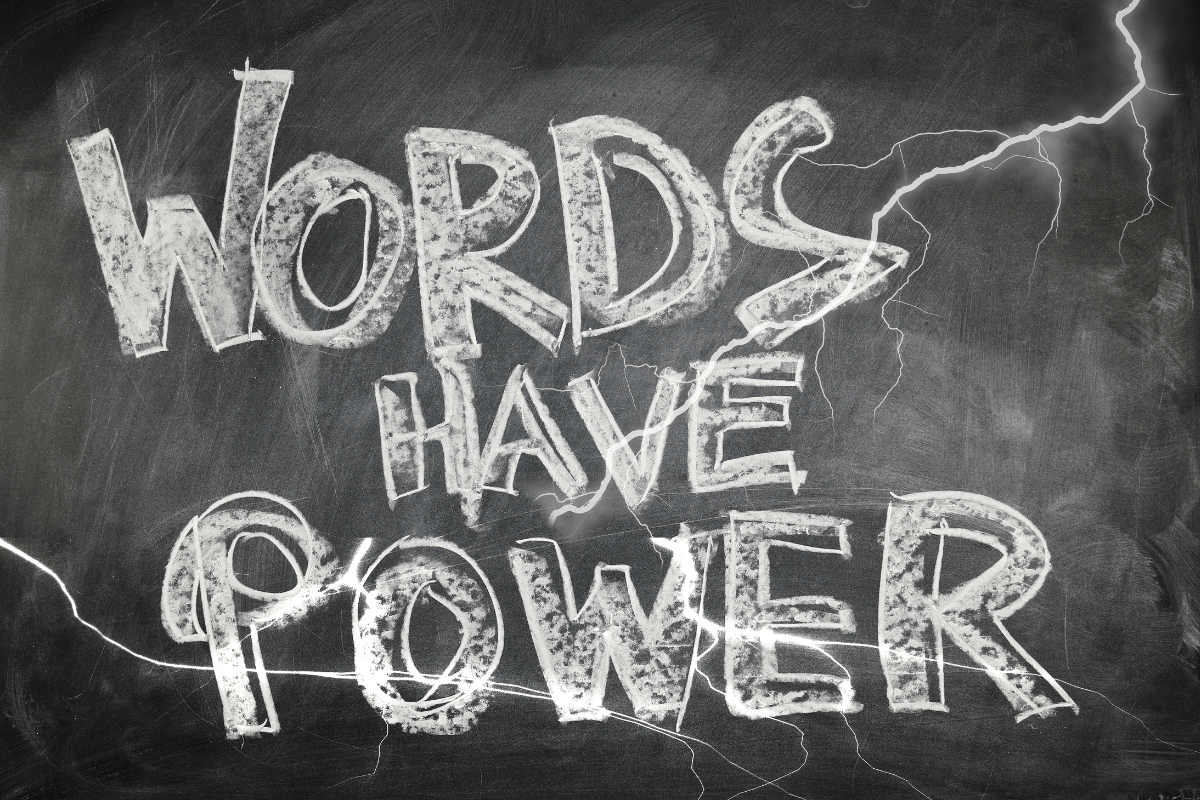The National Institutes of Health (NIH) reports that 35% of those needing mental health services don’t receive treatment.¹ There are many barriers to receiving treatment for mental illness. Stigma is one of the most prominent. Fortunately, there is something everyone can do to make life easier for those who need mental health treatment in Scottsdale and around the world. The language we use to discuss mental illness can reduce stigma and impact a person’s access to treatment.
As our culture matures in its understanding of mental health, it’s important that our language reflects that understanding. Referring to someone with schizophrenia as a “schizophrenic” was once considered correct. However, in retrospect, mental health professionals, the public, and – most importantly – people with mental illness acknowledge how such labels can be stigmatizing, making it more difficult for them to seek the support they need.
How COVID-19 Shed Light on Mental Health Needs
The COVID-19 pandemic brought new awareness to mental health concerns and the need to provide support for those who are struggling. Grief over lost loved ones, fear of contracting the virus, economic struggles, isolation, mental and physical exhaustion, and the discord among citizens caused an increase in the number of people experiencing anxiety and depression.
According to the World Health Organization, the number of Americans struggling with COVID-related anxiety and depression increased by 25%.² While distressing, this sudden rise in the need for appropriate mental health care helped pave the way for improved awareness.
Language and Stigma
Despite recent progress, people still use stigmatizing language in media, social media, the workplace, and at home. Using slang for people being treated for mental health concerns creates a negative environment and makes it more difficult for those who need help to speak up. The same is true when slang words are used for treatment centers, such as saying “mental institution” instead of mental health hospital.
Think of how it might feel to a friend or co-worker who is receiving mental treatment to overhear you discussing someone else’s mental health and describing them as “crazy” or “dangerous.” Negative or incorrect language creates barriers to care and strengthens stigmas.
Myths and Facts about Mental Health
Common myths about mental illness add to the stereotypes and misunderstandings that encourage negative language. Can you tell the difference between myths and facts regarding mental health?
Myth: Mental Health Concerns Don’t Affect Me
The fact is, mental health disorders are very common, affecting about one in five U.S. adults and one in six young people, according to MentalHeath.gov.³ In addition, the leading cause of death in the U.S. is suicide, a tragic symptom of some mental illnesses.
Myth: People with Mental Health Problems Are Dangerous and Easy to Identify
This is a myth. Most people with a mental illness are not violent. Only a small percentage of violent acts are attributed to people with serious mental illness.
One in five adults are living with a mental illness. Therefore, you undoubtedly know several people currently in need of or receiving mental health services. However, since people living with mental illness are successful at work, loving parents, and dependable friends, you may not realize they are receiving treatment unless they mention it.
Fact: People with Mental Health Challenges Can Recover
Thankfully, this is true. Many people with mental health concerns enjoy a complete recovery with the right treatment and support. Depending on the individual, treatment may include participating in a recovery program at a treatment center, long-term or short-term therapy, medication, peer support, or any combination of these options.
Myth: I Can’t Help a Person with Mental Health Disorders If They Don’t Want Help
This is false. Friends and family members are the biggest influences when someone needs mental health services. Reaching out, treating them with respect, and using language that affirms their value as a human being – not just a set of symptoms – can have a powerful impact on someone’s willingness to accept treatment.
Say This, Not That
The most important thing you can say to a person seeking mental health treatment in Scottsdale is that you care about them. Speak to them using person-centered language. Avoid labels or other stigmatizing language that defines the person as an illness instead of a multi-faceted human being.
If others are speaking negatively about a person with mental illness or using outdated language, make a point of speaking up. You never know who might be listening or who you might help when you refuse to perpetuate stigmas about mental health. Remember that the words you use when discussing mental health matter.
Find Supportive Mental Health Treatment in Scottsdale at Healing Foundations Center
If you or a loved one needs mental health services, contact the compassionate team at Healing Foundations Center in Scottsdale, AZ. We offer intensive outpatient services for people living with depression, PTSD, and other mental wellness concerns.
Sources:
[1] https://www.nimh.nih.gov/health/statistics/mental-illness
[2] https://www.who.int/news/item/02-03-2022-covid-19-pandemic-triggers-25-increase-in-prevalence-of-anxiety-and-depression-worldwide
[3] https://www.mentalhealth.gov/basics/mental-health-myths-facts
